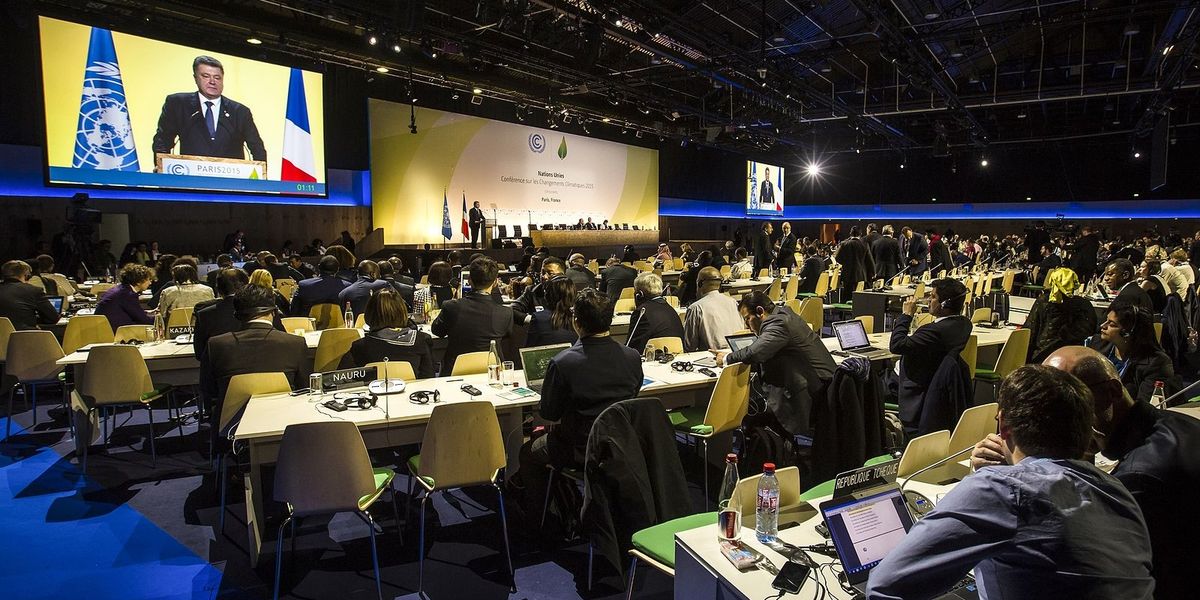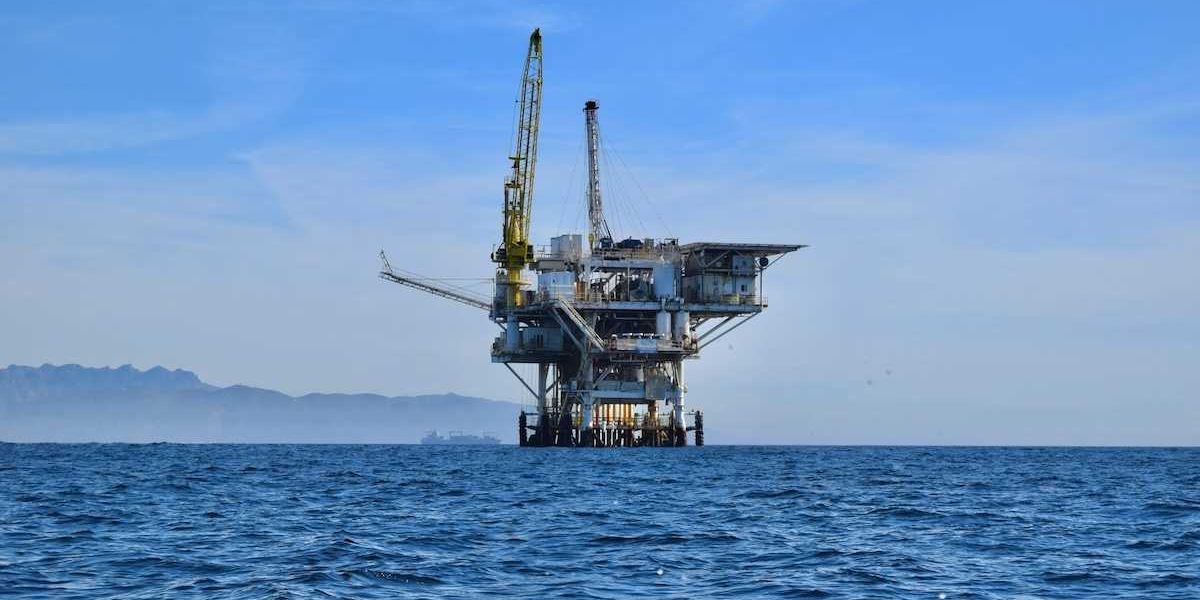blue hydrogen
Hydrogen hub's environmental impact sparks controversy
Proponents argue a hydrogen hub in Appalachia will reduce emissions, while critics claim the technology is unproven and costly.
In short:
- The hydrogen hub will produce blue hydrogen from natural gas, claiming carbon emissions will be sequestered underground.
- Critics argue carbon capture technology is unproven and does little to offset the environmental damage from natural gas production.
- The project, funded by $7 billion from the Biden administration, promises significant job creation but faces public opposition.
Key quote:
“It doesn’t matter what we want or what we fear as long as our concerns are never included in the calculus of decision making.”
— John Detwiler, retired engineer representing North Braddock Residents for Our Future
Why this matters:
Blue hydrogen, produced by reforming natural gas, emits carbon dioxide—a significant greenhouse gas. However, proponents argue that by capturing these emissions and storing them underground, blue hydrogen can become a cleaner alternative to traditional fossil fuels. The technology aims to bridge the gap as renewable energy sources like wind and solar scale up.
Once a player, Shell confirms it's not part of any regional hydrogen hub
The Pennsylvania-led application for federal money to establish a hydrogen hub lost its two founding members before it got to the finish line.
Groups say ‘clean’ hydrogen projects lack transparency and fear climate, safety impacts
Industry wants new pipeline on Navajo land scarred by decades of fossil fuel extraction
Developers tout hydrogen as a clean energy source; Navajo opponents say it is another way outsiders will profit by harming their environment and health. Jerry Redfern reports for Capital & Main.
In a nutshell:
With over a billion dollars proposed for the Western Interstate Hydrogen Hub (aptly named WISSH) project, New Mexico governor, Michelle Lujan Grisham(D), has made the hydrogen hub a priority for her administration—especially in a part of the state where her liberal persuasions are widely disparaged. Meanwhile the Navajo Nation, recovering from the economic shock of coal phaseout is faced with a choice—hitch onto the hydrogen train or wait for the next opportunity? And when will that opportunity be and where will it come from? If it is to be hydrogen, what are the tradeoffs?
Key quote:
On the Navajo Nation, climate change and fossil fuel development aren’t mental exercises. “It’s real for us,” she says.
Big picture:
Fossil fuel wants to stay in the game. The Navajo Nation wants jobs and cash flow to fill the void left by the end of coal mining and coal-fired power. The governor of New Mexico would like to thread the needle between fossil fuel constituents and environmental supporters. "Green" hydrogen production would require a lot of water in a region where there is not enough to go around. "Blue" hydrogen taps into the natural gas abundance of the area but given New Mexico's poor track record with methane leaks and abandoned oil and gas wells doesn't bode well.
PA seeks federal money for hydrogen fuel production
Pennsylvania, enlisting the help of Ohio and West Virginia, has applied to be among the six to 10 “clean” hydrogen energy hubs the federal government will help build around the country as part of a $8 billion initiative under the 2021 Bipartisan Infrastructure Law.
Pa.-backed ‘blue hydrogen’ hub pitch passes first hurdle in race for $7 billion in federal funds
The Pennsylvania-blessed effort to develop a “blue hydrogen” hub in the region, which would use natural gas to make the new fuel, has secured encouragement from the U.S. Department of Energy, which is overseeing a fierce competition for $7 billion in hydrogen hub funding.
Pa.-backed ‘blue hydrogen’ hub pitch passes first hurdle in race for $7 billion in federal funds
The Pennsylvania-blessed effort to develop a “blue hydrogen” hub in the region, which would use natural gas to make the new fuel, has secured encouragement from the U.S. Department of Energy, which is overseeing a fierce competition for $7 billion in hydrogen hub funding.









